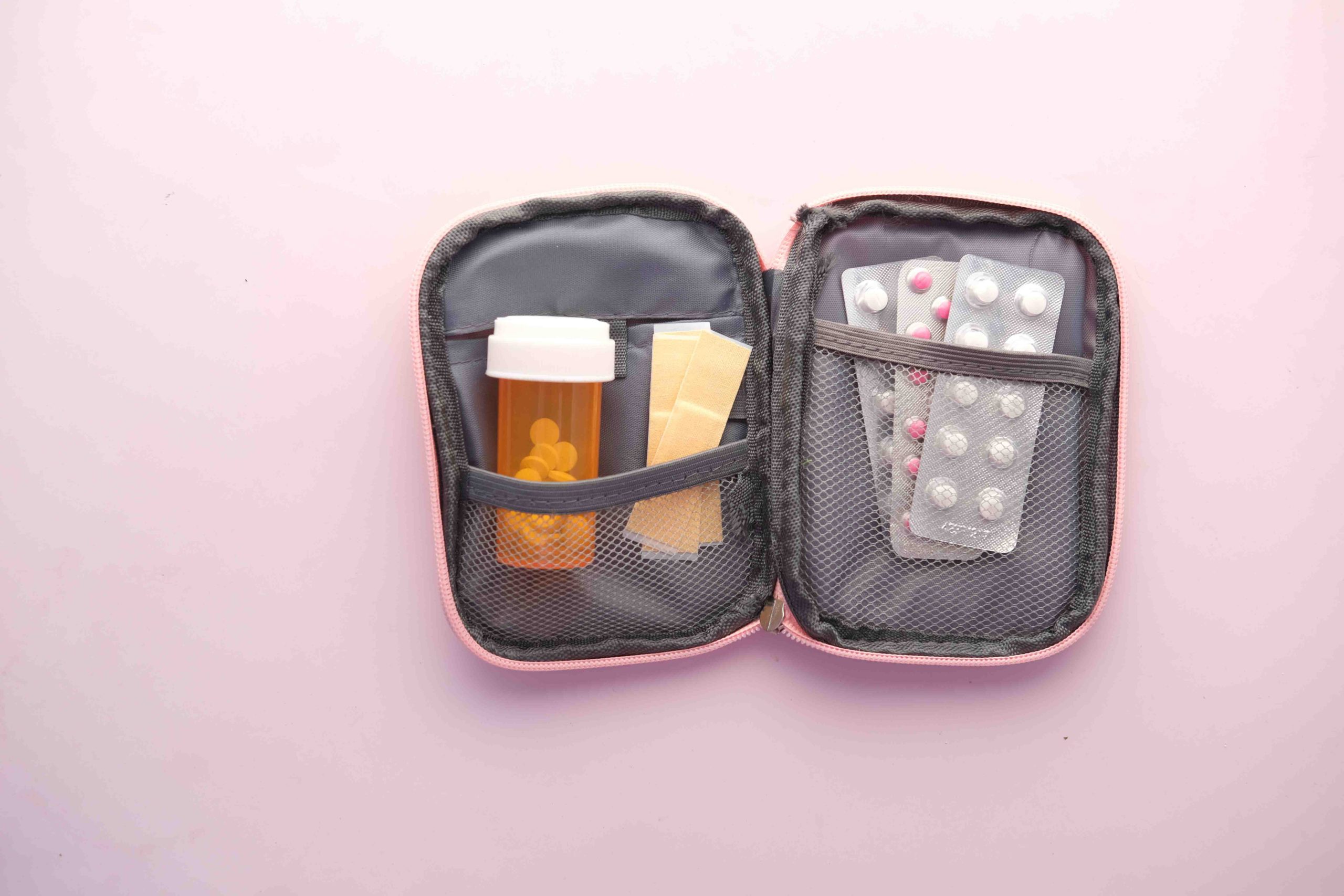We all want to be as safe as possible from the things or conditions that can cause us harm. For many of us, the one place where we can find such safety is at home. We have taken the time to create safe havens where we feel comfortable and secure. Now while it’s great that we feel safe in our homes, it’s important that we don’t forget that something dangerous can always happen. The news is replete with stories of fire accidents, gas leaks, break-ins, and other unsavoury occurrences that have left many hurt in their homes. Some of these incidents could have been prevented or the loss reduced if certain items were on hand. It’s for this reason that we’ll be discussing some home safety items you should have in this post.
Fire alarm or smoke detector
In the period between 2013 to 2017, the National Fire Protection Association (NPFA) reported that fire departments in the US responded to an average of 354,400 reports of home fires annually. More than a quarter of these fires were home fires and cooking was the most common cause. It was closely followed by smoking materials, heating, and electrical causes.
What does this mean? It means that every home has a fire outbreak risk and needs to invest in a fire alarm or smoke detector. In addition to possibly saving your life, it’ll also put you in your insurer’s good books in a fire claim. Remember to always carry out a routine check for functionality.
Fire extinguisher
This works to put out fires by depriving them of oxygen, cooling the flaming materials, or altering the chemical reactions that feed the fire. Fires have different causes and are classified into classes A, B, C, D, F and K. It’s important to note that different territories assign these class letters differently; we’re using the United States’. Each type of fire has its own recommended type of extinguisher and they’re labelled accordingly.
Cooking fires, the most common cause of home fires, are classified as class K fires and a kitchen fire extinguisher is recommended for fighting these. You can also get a multi-purpose class ABC fire extinguisher which can be used to fight fires from burning wood or paper, flammable gases and liquids, and electrical equipment.
Gas Detector
You probably have a gas stove to cook and use gas heating to keep your home warm. As important as these gases are, they pose a danger to our home safety. Carbon monoxide, for instance, is a silent, colorless, and odorless killer gas. Natural gases such as propane, methane, and butane can cause ignitions and cause deadly explosions. All of these gases can leak into the air in your home from your gas stoves, fireplace, water heater, etc. The most frightening thing is that you may not even notice the leaks until it’s too late. This is why a gas detector is one of the home safety items you should have.
Smart Doorbell
A smart doorbell is a great addition to home, personal, and family safety items. With this device, you can see who’s at your door without getting up from your couch. It sends real-time video footage and audio transmissions of the goings-on at your front door. Moreover, its night vision feature means that you’re never in the dark. You can check out our detailed post on smart doorbells to learn more about them.
First aid kit
This one is a no-brainer yet it does deserve a mention. Having a first aid kit in your home could spell the difference between a small cut and an infected wound. How? Well, let’s say your child sustains an injury while playing. By cleaning the wound with antiseptic wipes from your first aid kit, you have reduced the chances of infection from germs. But if the wound is not given first aid, germs may infect it and lead to a worsening of the wound. You can buy a pre-assembled first aid kit or create your own.
Some of the items that should be in a first aid kit include painkillers, allergy medication, anti-bacterial creams, antihistamine cream, thermometer, cough medicine, and distilled water.
Emergency numbers
Knowing exactly who to call when there’s an emergency is important. It prevents the waste of precious time that could spell the difference between life and death. Keeping emergency numbers and contacts on our phones is good but having a hard copy is also good. Print out a list of emergency hotlines and personal emergency/essential service contacts (doctor, driver, electrician, plumber, family, or neighbour). Place this list in an easily accessible place; like the kitchen door, refrigerator door, or dining area. This way, you, your kids, and even guests will know who to call in an emergency.
